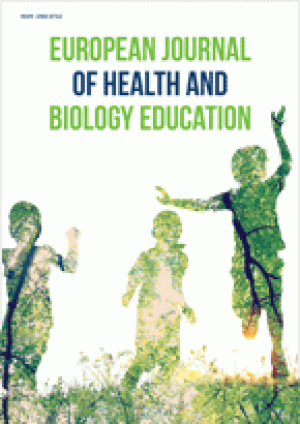Abstract
The general poor performance of students in national examinations in recent past have brought about doubts from relevant quarters as to the activities of stakeholders towards improving students’ performance in Science and generally Science Education. Researchers have succinctly identified causes of poor performance among students and have acted in various capacities to remediate this occurrence. However, government, teachers and students have peculiar challenges for effective and successful improvement from the status quo. Whether the roles are practicable under the current socio-economic realities in Nigeria remains a probable question. Hence, this study researched the responsibilities of government, teachers and students in qualitative development of science education in Nigeria. The researcher reviewed the global educational practices to what is obtainable in Nigeria vis-à-vis the UNESCO benchmark. Also, this study suggests plausible solutions to the peculiar problems arising from the neglect of global and international best practices in Nigeria.
License
This is an open access article distributed under the Creative Commons Attribution License which permits unrestricted use, distribution, and reproduction in any medium, provided the original work is properly cited.
Article Type: Research Article
European Journal of Health and Biology Education, Volume 7, Issue 1, June 2018, 11-15
https://doi.org/10.29333/ejhbe/87086
Publication date: 15 Jun 2018
Article Views: 1673
Article Downloads: 2073
Open Access References How to cite this article
 Full Text (PDF)
Full Text (PDF)